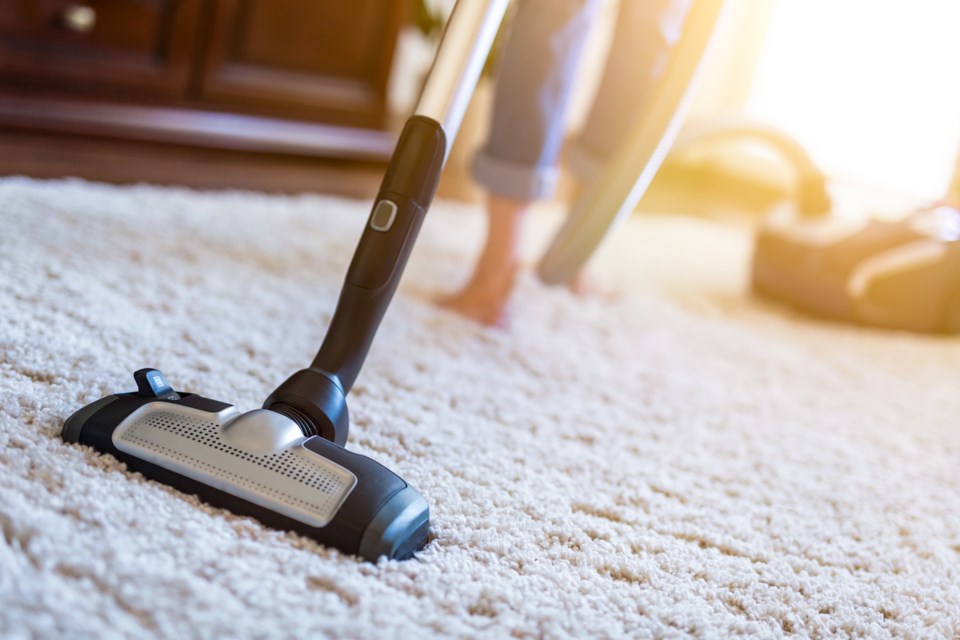Every week an undervalued team of women fans out across our community.
The dated North American term ‘cleaning ladies’ is still widely used although housekeepers would probably be a more contemporary way to describe them.
Few of us think of them as gig workers since they predate the invention of this catchphrase.
These women contract out their labour to individual households, show up mop in hand and are paid by the hour to scrub toilets, vacuum, dust and wash the floors, all the chores most of us hate.
No travel time or allowance is included.
This is a very responsible job as some of the clients give them a key and access to their homes. They are trusted to let the dog out, not to steal or break the heirlooms and to lock up when they finish.
Very few other workers are trusted to this extent. The clients are either well off and/or old and unable to do the heavy work. For the elderly, housekeepers play a much larger role as they become part of a web of safety, which enables the seniors to stay at home longer.
What happens when illness forces the housekeeper to take time off? The shocking truth is nothing at all, no hours, no pay! Remember it’s the gig economy so no sick days, no vacation pay. Meanwhile the bills keep coming in.
Most housekeepers are older women who are as prone to cancers and falls as their better-off contemporaries.
While this social inequity is part of a much bigger issue I’d like to suggest a few small steps that individual employers could take.
First, be sure to build in an annual cost-of-living raise. Don’t say, ‘oh, Jane agreed to $20 an hour,’ forgetting that the agreement was in 2015.
Second, figure out some prorated method to cover sick leave. If each employer paid for at least one sick day, the worker would have a limited emergency income.
Third, show some care and concern with little gestures of appreciation. This is a person who invests her time, toil and sweat for your household, not a Roomba.
Anyone who has read the American bestseller The Help knows that undervaluing domestic workers can have very unpleasant consequences.
*************************
About the author: After 40 years in the classroom, in retirement Elizabeth O'Connor shifted her focus to promoting peace, the contribution and needs of older people in our community and, of course, to walking her small dog.



